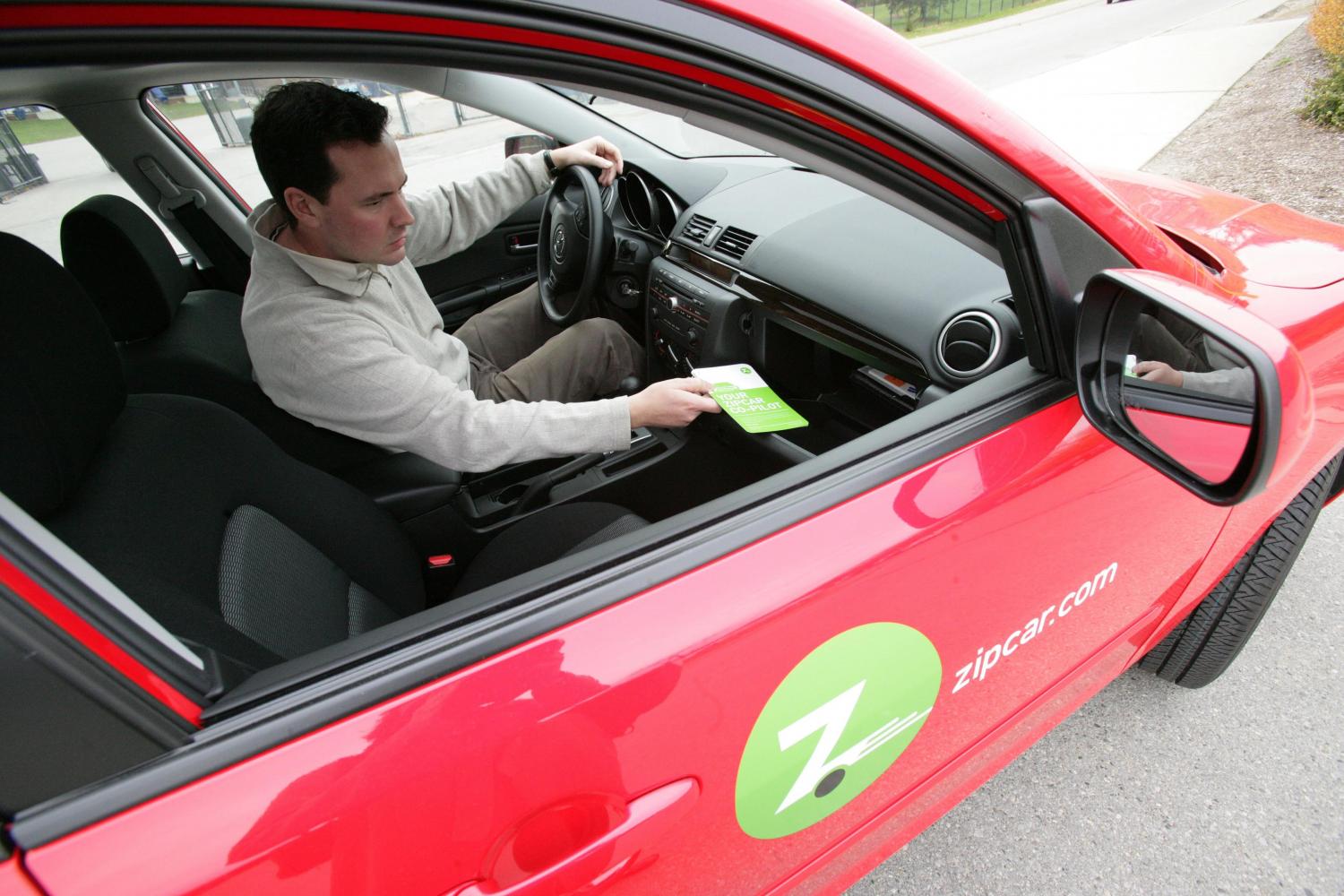Zipcar, GrubHub should improve customer service to students
Zipcar is one of the world’s largest car sharing services. University students can use Zipcar to borrow cars for hours at a time. Columnist Minju Park believes they should improve their customer service.
Apr 26, 2017
College students are often short on resources, as we are separated from our parents who we have previously depended on for food, transportation and housing. At the same time, we are trying to maintain that we are independent adults capable of living on our own.
 College students seem like the perfect target audience for businesses to take advantage of.
College students seem like the perfect target audience for businesses to take advantage of.
Companies such as GrubHub, Zipcar, Uber and Lyft, among others, have definitely utilized the college student demographic by catering to a group that is in desperate need of their services.
GrubHub, a food delivery service, allows customers to order food through an app, which will be delivered to their door by employed drivers. Zipcar, another notable company largely present on college campuses, is a car rental service like tampa limo rental that allows customers to purchase one-year subscriptions in order to have access to drive designated “Zipcars” for an hourly price.
These types of services are attractive to college students because of their tendency for late-night eating, dependence on take-out food and lack of cars or transportation.
Get The Daily Illini in your inbox!
However, despite these simplistic, profitable business ideas and a population of consumers who are eagerly demanding such services, these businesses fail to be as profitable as they could be.
In 2015, it was reported that Avis Budget Group, Inc., the company that bought out Zipcar in 2013, made $2.285 billion in gross profit. This profit decreased to $2.230 billion in 2016.
This failure to be profitable can be largely attributed to these businesses’ lack of quality customer service. A quick survey of GrubHub’s and Zipcar’s reviews on Yelp reveal ratings of 1.5 and 2.5 stars out of five, respectively.
Complaints on GrubHub’s Yelp page included long wait times, incorrect orders, mishandled food or even forgotten orders. Although some reviewers reported that they received refunds or coupons for their next orders, many complained that receiving these compensations were laborious and stressful.
Zipcar did not fare much better, with reviewers on Yelp reporting missing license plates, unclean interiors, increased hourly prices and frustrating experiences with customer service. Many reviewers commented on an inability to get ahold of a customer service representative on the phone rather than the automated voicemail service.
In my personal experience with Zipcar, I’ve also been disappointed with the company. As a journalism student, I often need to travel off campus several times a week to conduct interviews or attend events to reach sources. Without a car, I’m limited in my choices in transportation, and I often resorted to Uber, a ride-sharing service, to get to my destination.
When I was introduced to Zipcar, I thought I had found the answer to my problems: Pay an annual fee and an hourly price to take a quick trip off campus in order to speak to a source. In my very first attempt to use Zipcar, I ended up fretting and wandering around for nearly 45 minutes, unable to find a Zipcar or a customer service representative who would help me track it or return my money.
Zipcar and other companies catering to the college-level demographic have a real shot at making a large profit from students who are looking to utilize their services. Both the companies and students would benefit if companies improved their customer service and were more responsive to criticism.
Minju is a sophomore in Media.






